|
End Racial Distancing It always rubbed me the wrong way how many white folks inquire about why I have Black friends. Or why I surround myself with people who don't look like me. Even in the dating world, so many people gracefully back away when they find out that my social media pictures with Black friends aren't there to make some "I'm not a racist statement" but that I genuinely have numerous Black friends dating back 40 years. This essay explores this awful phenomena and encourages us to do what I call end racial distancing.
0 Comments
Why critical race theory is critically important So many people have become fearful of learning about America's history. Or anything that challenges their trained way of thinking. The truth is, though, we can all handle unwinding years of inadequate education. We will all be better off if we learn about why we still have race issues in the 21st century. This piece dives into these issues.
Stop using King’s words to support oppressive systems It has become all too commonplace for politicians to invoke Dr. Martin Luther King, Jr. all while still refusing to embark on any meaningful change when it comes to race. Every MLK Day, the echos of "judge everyone by the content of their character and not by the color of their skin" is heard. But Dr. King wasn't just a person with a dream. He was a revolutionary advocating for the unraveling of systemic racism. This piece breaks down Dr. King's real vision and strategy beyond just a few nice quotes that fit on t-shirts.
Ending the cycle of racial bias introduced through books We spend time as parents previewing movies to determine whether they are appropriate for our kids. We concern ourselves, rightly so, with whether a tv show or movie or even video game has too much sex or violence for our young children. But we forget to also be as concerned about whether the books we're reading to our children contain negative images, or lack positive images, when it comes to race. This piece dives into how we can be intentional about what books we read to our kids so they don't suffer from the same unconscious bias we were trained to have.
The 2021 film "Subjects of Desire" is a must see. It unpacks some of the negative stereotypes of Black women and how that has impacted both Black and white people in society. This essay gives you a glimpse of why we should watch this film to broaden your knowledge and help us improve society.
The lasting impact entertainment has on society Hollywood is known for its long list of liberal social justice warriors. You hear the speeches at every awards ceremony. Actors, directors and artists demanding racial justice. Demanding an end to anti-gay bias. Shouting for environmental protection. Worthy causes, no doubt.
Yet we're left scratching our heads why movies, television shows, cartoons and the like still after all these years include imagery that too often portrays Black and Brown people in a negative light. When so much of our after 5:00 p.m. space in life largely are people who only look like us, we are left to mass media to fill our unconscious hearts and minds. And it is precisely these images that create unconscious bias. Part of loving one’s country is wanting to redress its wrongs Rapper Pitbull again said that anyone who criticizes America should think about moving to Cuba and see how much they like it.
But Pitbull misses the point. Our standard for a great America isn't whether we're better that North Korea, Iran and Cuba. It is patriotic to want true history to be taught to our children. It's patriotic to critique America so it can improve its ways. It's patriotic to fight for social justice for all of its citizens. This essay breaks this down. Untangling the images that shape our thinking This essay uses the backdrop of comics and superheroes to highlight how we our unconscious bias has been form through childhood images. When people took to the internet to criticize the new Black Batwoman, it reminded me how we had green superheroes and a dog before we had a popular Black superhero. This essay explores how that harmed us and provides us tools to undo that impact.
Blacks and Jews once modeled a path to end racial distancing To escape the horrific racism and systemic oppression in the South, beginning in 1916, millions of southern Blacks migrated north and west to places like Chicago, East St. Louis, Compton, Oakland and Baltimore. And to Harlem, which at the time was home to a sizable Yiddish-speaking Jewish community, also trying to make their own way in a still challenging America. Blacks and Jews were each other’s neighbors, customers, and employers.
One result of that was Black men and women becoming Jewish cantors. Cantors lead the Hebrew (and back then Yiddish) prayer songs on the Sabbath and Jewish holidays. This odd entry into Jewish religious life presented an opportunity for Jews and Blacks to get to know each other and end what I call racial and ethnic distancing. This essay explores that fascinating time in our history. Why everyone's so scared A primary tenet of critical race theory is the oft-ignored reality that racism is ordinary and normative. It’s not a few nut cases. It’s not aberrational. It’s not individualized. It’s you. It’s me. It’s our systems. It’s part and parcel of society. Racism, according to CRT, is deeply part of our American psyche, affecting all of us. The result, which is why so many are in uproar, is that every person would not only need to critically examine the country we were taught was the champion of freedom. But that we must look inside ourselves. At our biases. Our attitudes. Our behaviors. This essay explores CRT in an intellectually honest manner and outside of the extremes and distractions. The stars and stripes of racism  Independence Day for me as a kid was always a joyous occasion. Beautiful red, white, and blue flags everywhere. Burgers and hot dogs. Lighting sparklers. Sitting on blankets in a field watching fireworks. Columbus Clippers baseball games.
But for some people, it wasn't all picnics and barbecues. This essay delves into systemic racism and how we can begin to heal. How to use personal trauma to practice empathy of others Most of us, Black or white, have experienced some trauma in life. Whether it’s an awful childhood, a bad parent, an abusive partner. Severe financial hardship or divorce. Disability. A scary illness. Yelling and screaming in the house. Extremist religion. The death of a parent or child. Or if you’re Jewish, Muslim, Asian, Latino, gay, trans or in some other marginalized group, you’ve undoubtedly dealt with xenophobic-laced challenges. There are few among any of us who haven’t experienced impactful trauma.
This essay dives into how we can use our own trauma to practice empathy for others. It's about understanding and trust Do-gooders have come out of the woodwork since the tragic murders of George Floyd, Breonna Taylor, Ahmaud Arbery, and others.
For most of us fighting for social and racial justice, it’s a welcome and long overdue awakening. Black and brown people have waited years for a national outcry like this. For people to take to the streets. Protest. Speak up. Vote. Never in the United States’ two and a half centuries of existence has there been this level of simultaneous compassion and outrage. It’s a great renewal of the civil rights activity of the 1960s. The Challenges of Intersectionality So many people wear different hats in society, bringing with them different types of challenges and privileges. This essay breaks down the challenges of intersectionality and how we can start addressing those unique experiences.
In this deep and hard hitting poem, activist Jeffrey Kass gives us powerful pause to think about how society has treated its Black and Brown citizens. This is a must read. Breathe as you digest.
JEWISH LESSONS FOR COMBATTING OPPRESSION Passover is the story of the liberation of the Jewish people from slavery in Egypt. From brutal oppression and harsh conditions, the Jewish people were able to cling to their identity, help their fellows and connect with allies in their journey from bondage to freedom. Jeffrey uses the lessons of the Jewish story as a blueprint for our modern race problems, borrowing from his years of learning ancient Jewish texts with renowned rabbis in Israel, New York and St. Louis.
AN ANTI-RACIST MODEL FOR WHITE PEOPLE. BE MORE LIKE ALBERT Albert Einstein is of course known as arguably the greatest scientist of all time, but what most of us don’t know was Einstein’s work towards a more inclusive world. Einstein worked tirelessly to eradicate racism and unjust systems. He used his position of power to speak out in support of his Black and Brown fellow citizens. He wrote for publications advocating significant change. He befriended and treated as equals many Black men. Einstein was even known to go for walks in Black neighborhoods to do some of his best thinking. Einstein was an original anti-racist. Author Jeffrey Kass shares Einstein’s beautiful life and actions as a guide for us today. This particular essay was read over 4,000 times and shared by major online influencers. It’s a must read.
DOLLS MAY SOUND TRIVIAL, BUT IT’S THINGS LIKE CHILDREN’S TOYS THAT HELP FORM UNCONSCIOUS VIEWS OF OURSELVES AND OTHERS Images form much of our unconscious bias. And unconscious bias is what us humans base most of our decisions on. Like it or not. Whether it’s an untreated childhood trauma. Bad experiences in relationships. Or even race and gender. The images we are fed from early childhood form our unconscious views. Jeffrey Kass uses the history of Black dolls in America to show how these images can negatively impact not only how white people view Black people, but also how Black people view themselves. It impacts self-esteem.
HOW ABOUT ALL YEAR ROUND Black History Month obviously is an important time to learn about the challenges and contributions of Black people in America. But those contributions are far more than just the civil rights movement. Black Americans have been far more involved in America’s advancement than most of us have been taught. This essay dives into why Black history needs to be taught as part of American history and not just in one short month of the year.
DID YOU HEAR THE ONE ABOUT BILL GATES, FAUCI, THE ROTHSCHILDS, AND THE MARTIAN? Society has become obsessed with conspiracy theories and blame games. Intelligent well-meaning people are even spreading bizarre theories. When COVID hit, it was 5G and intentional virus spreading. Then it was Bill Gates controlling the world population through dangerous vaccines. The theories spread so fast, you can’t keep up with them. But the effect of all these Y2K type theories of the day is that we ignore what really ails this country, especially when it comes to race. Author Jeffrey Kass calls it a convenient way to avoid confronting racism. This essay explore this issue in more depth.
|
READING THE ESSAYSArticles and videos here may appear in their entirety at other media outlets. Just click the READ MORE link for more details. Archives
February 2023
Categories
All
|
|
© 2022 Jeffrey Kass All Rights Reserved
|
WEBSITE DESIGN BY: Hyer.Media
|

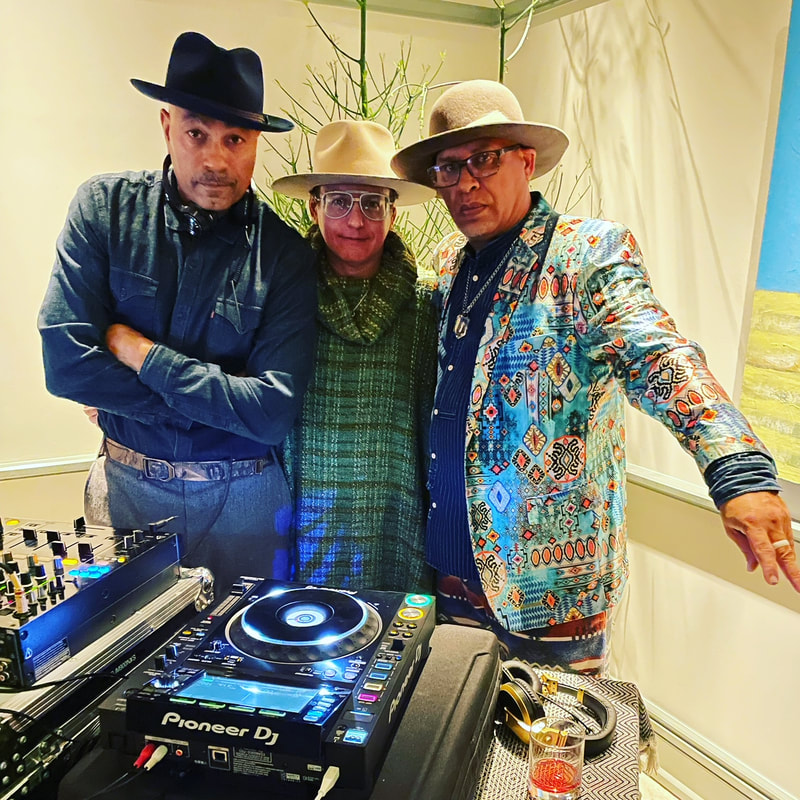
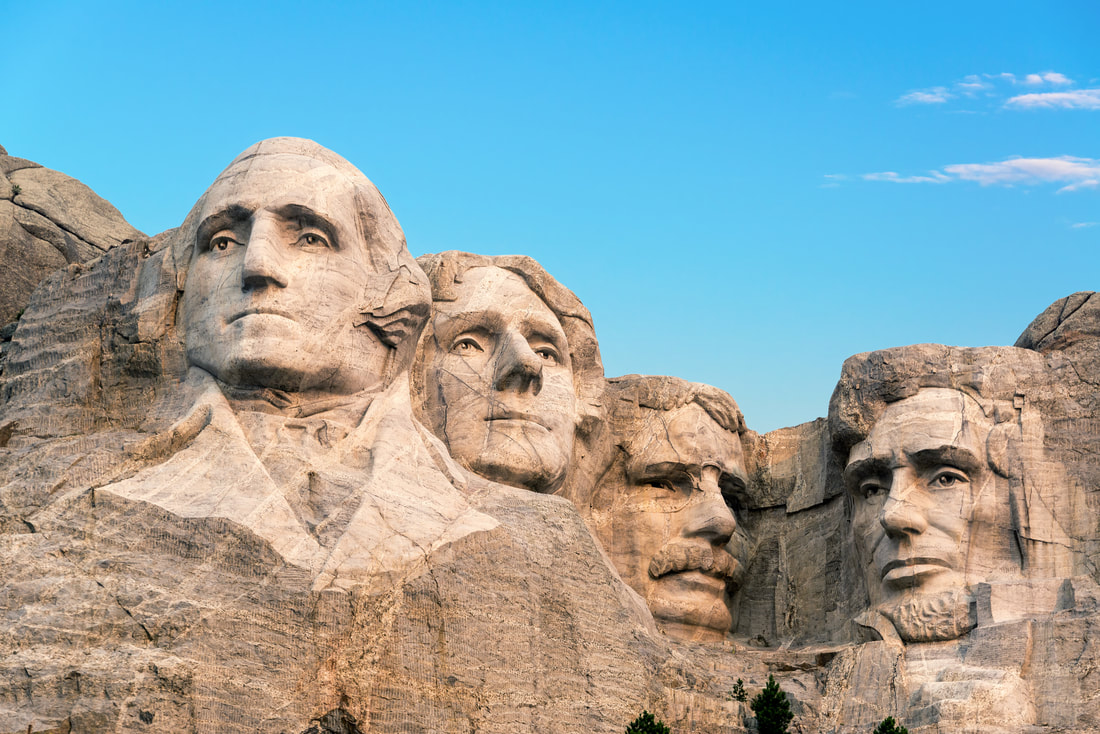
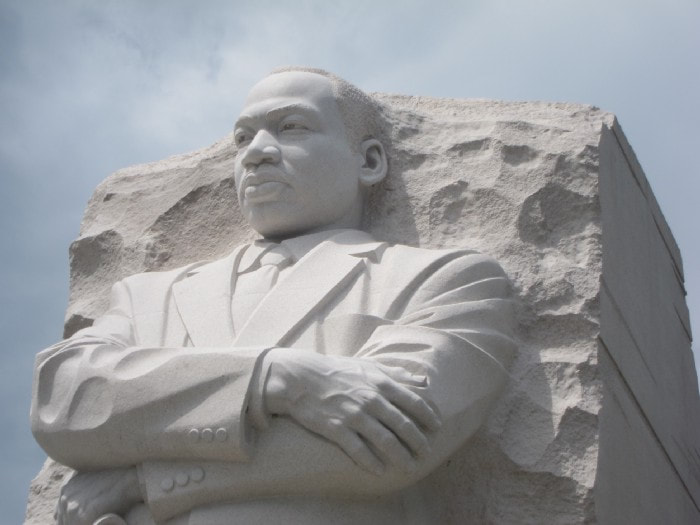

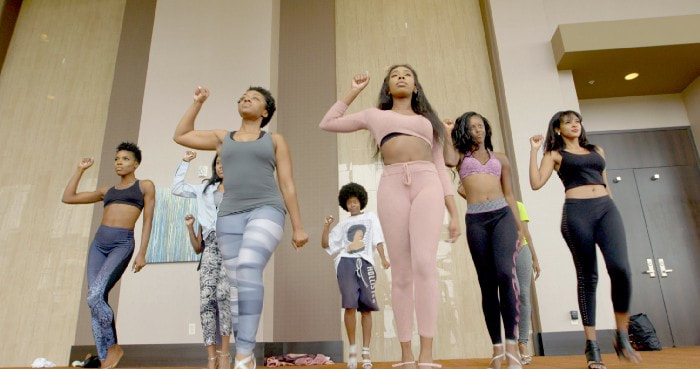
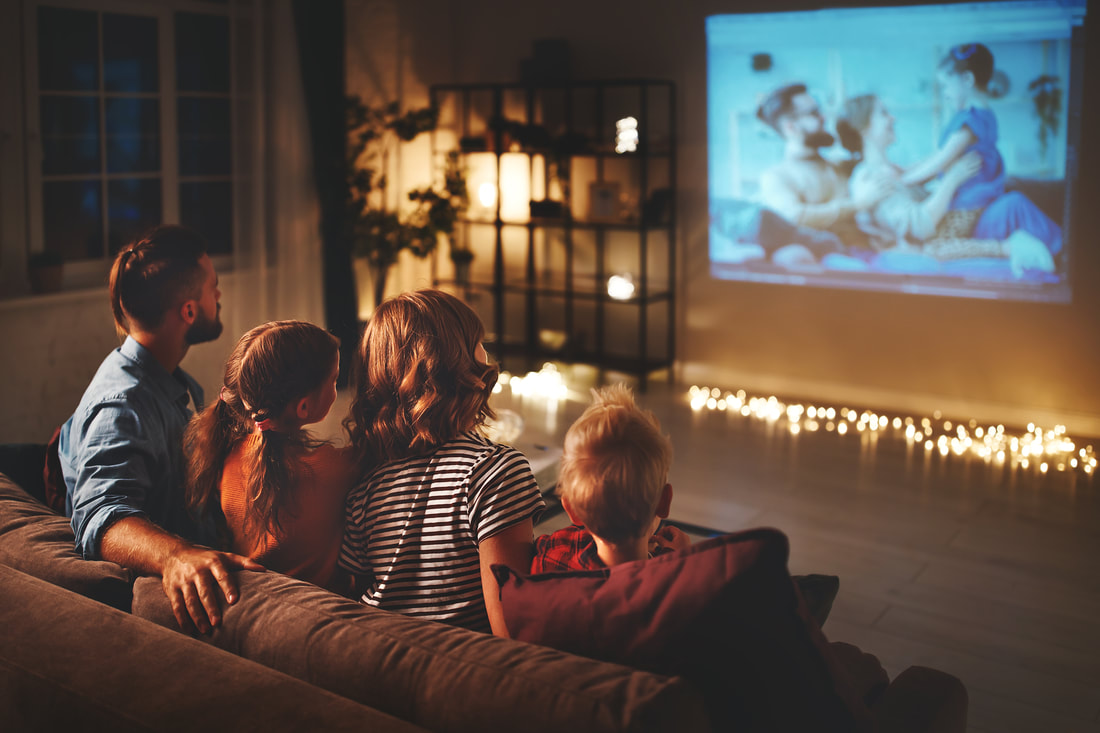

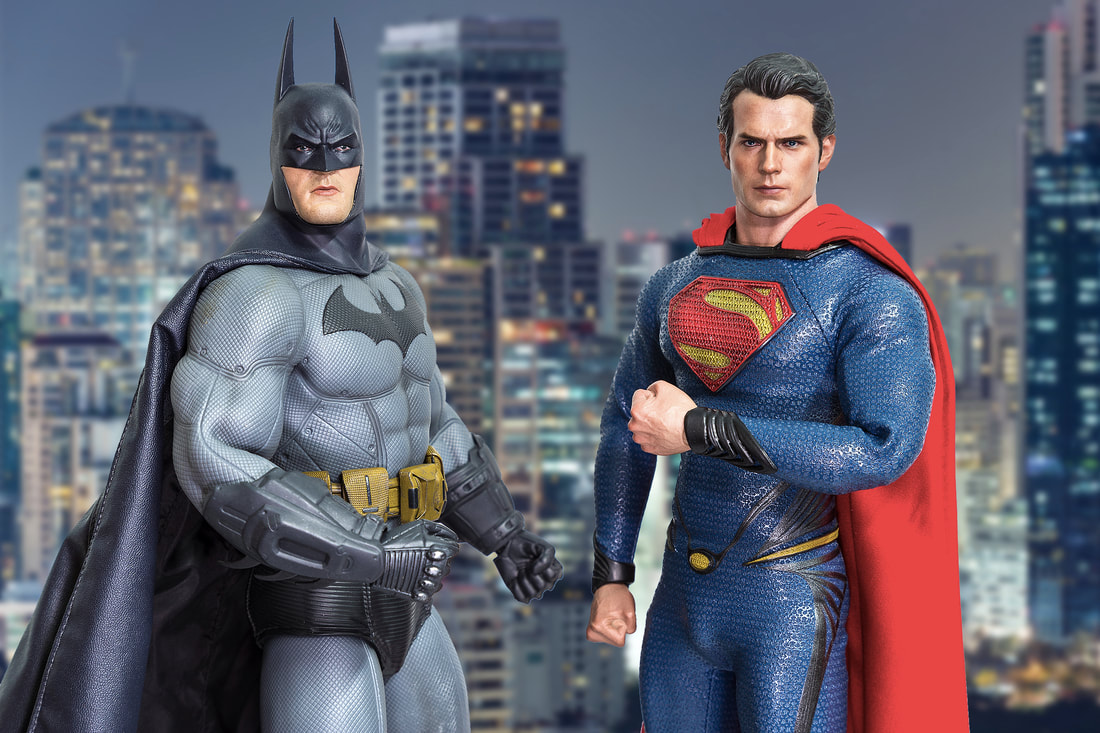

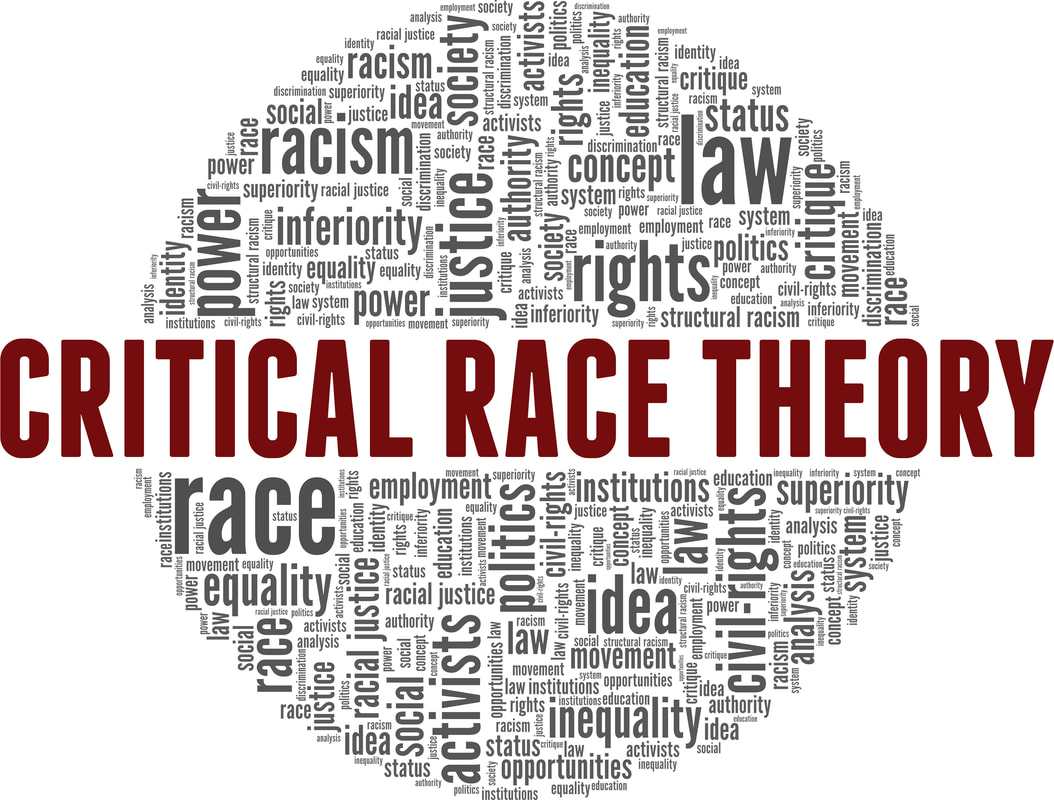





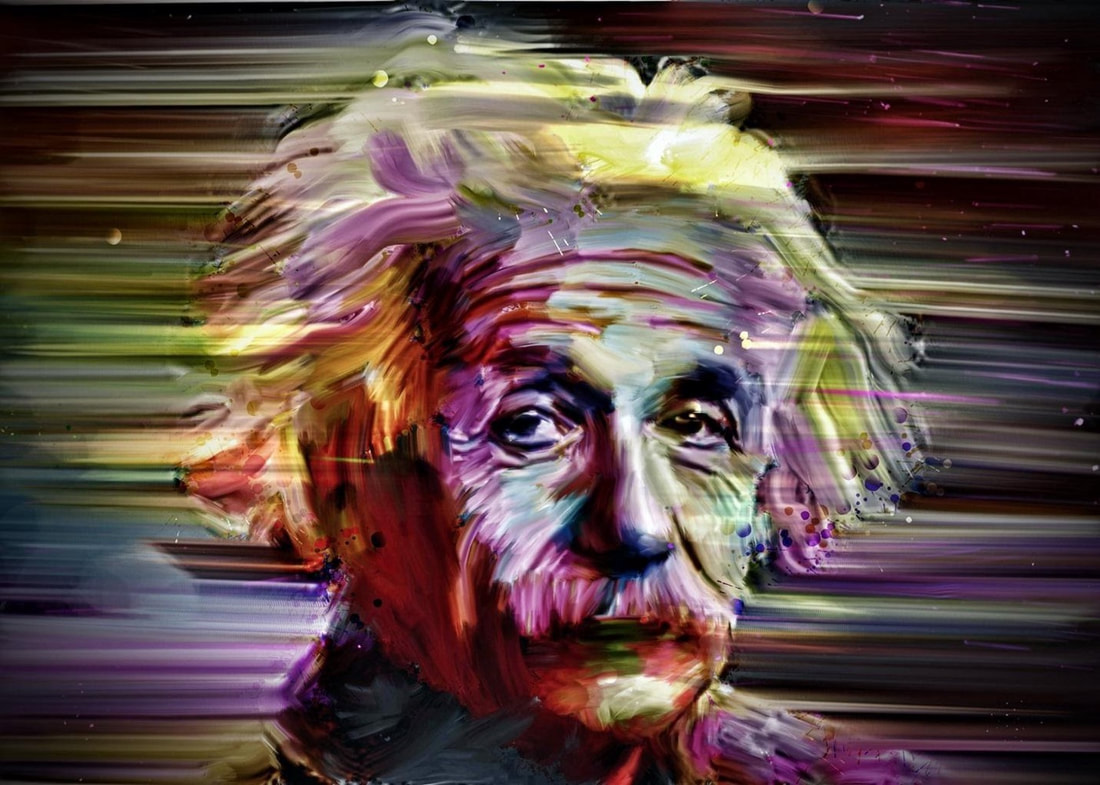
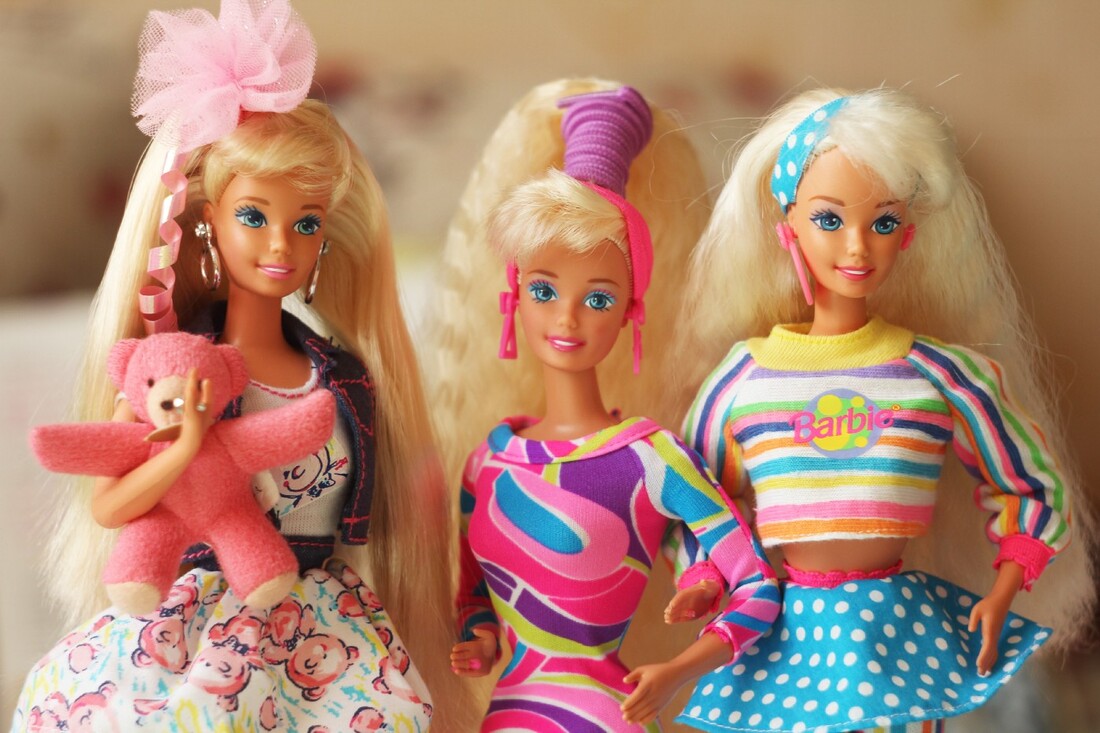

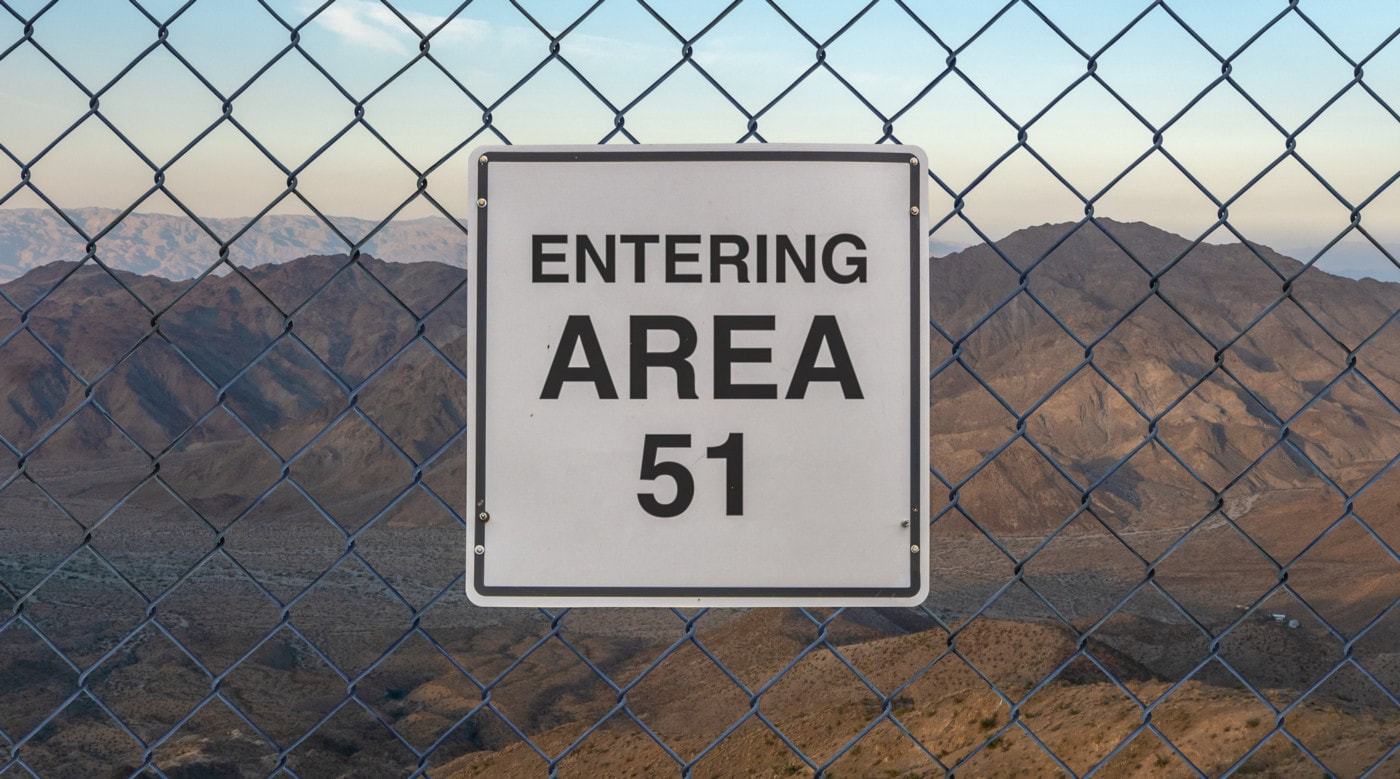
 RSS Feed
RSS Feed